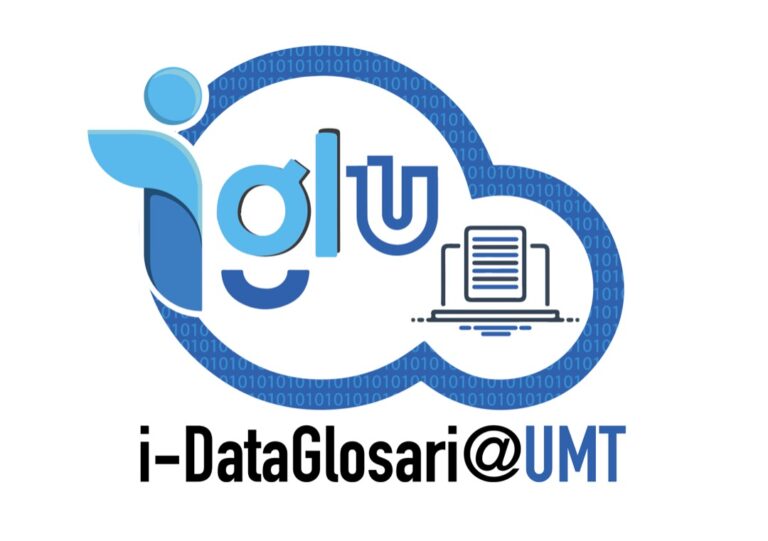17.2 Relationships to support the goals
| KPI | TAFSIRAN(DEFINITION) |
|---|---|
| Relationships with regional NGOs and government for SDG policy | Have direct involvement in, or input into, national government or regional nongovernment organisations SDG policy development – including identifying problems and challenges, developing policies and strategies, modelling likely futures with and without interventions, monitoring and reporting on interventions, and enabling adaptive management. Up to three points based on: • Existence of input – one point • Evidence provided – up to one point • Is the evidence provided public – one point |
| Cross sectoral dialogue about SDGs | Initiate and participate in cross-sectoral dialogue about the SDGs, e.g. conferences involving government or NGOs. Up to three points based on: • Existence of dialogue – one point • Evidence provided – up to one point • Is the evidence provided public – one point |
| International collaboration data gathering for SDG | Participate in international collaboration on gathering or measuring data for the SDGs. Up to three points based on: • Existence of participation – one point • Evidence provided – up to one point • Is the evidence provided public – one point |
| Collaboration for SDG best practice | Through international collaboration and research, review comparative approaches and develop international best practice on tackling theSDGs. Up to three points based on: • Existence of review – onepoint • Evidence provided – up to one point • Is the evidence provided public – one point |
| Collaboration with NGOs for SDGs | Collaborate with NGOs to tackle the SDGs through: student volunteering programmes, research programmes, or development of educational resources. Up to three points based on: • Existence of review – maximum one point, 0.33 points for eachoptionselected • Evidence provided – up to one point • Is the evidence provided public – one point |
17.3 Publication of SDG reports
| KPI | TAFSIRAN(DEFINITION) |
|---|---|
| Publication of SDG reports – per SDG | Publish progress against each ofthe SDGs, either individually or within an annual report 1.60% per SDG (0.35% Overall). For each SDG, up to three points based on: • Existence of report – up to one point • Evidence provided – up to one point • Is the evidence provided public – one point |
17.4 Education for the SDGs
| KPI | TAFSIRAN(DEFINITION) |
|---|---|
| Education for SDGs commitment to meaningful education | Have a commitment to meaningful education around the SDGs across the university, relevant and applicable to all students. Up to three points based on: • Existence of commitment – maximum one point for both options selected, 1 point for all programmes only, 0.25 points only for some programmes • Evidence provided – up to one point • Is the evidence provided public – one point |
| Education for SDGs: specific courses on sustainability | Have dedicated courses (full degrees, or electives) that address sustainability and the SDGs. Up to three points based on: • Existence courses • Evidence provided – up to one point • Is the evidence provided public – one point |
| Education for SDGs in the wider community | Have dedicated outreach educational activities for the wider community, which could include alumni, local residents, displaced people. Up to three points based on: • Existence of educational outreach • Evidence provided – up to one point • Is the evidence provided public – one point |

